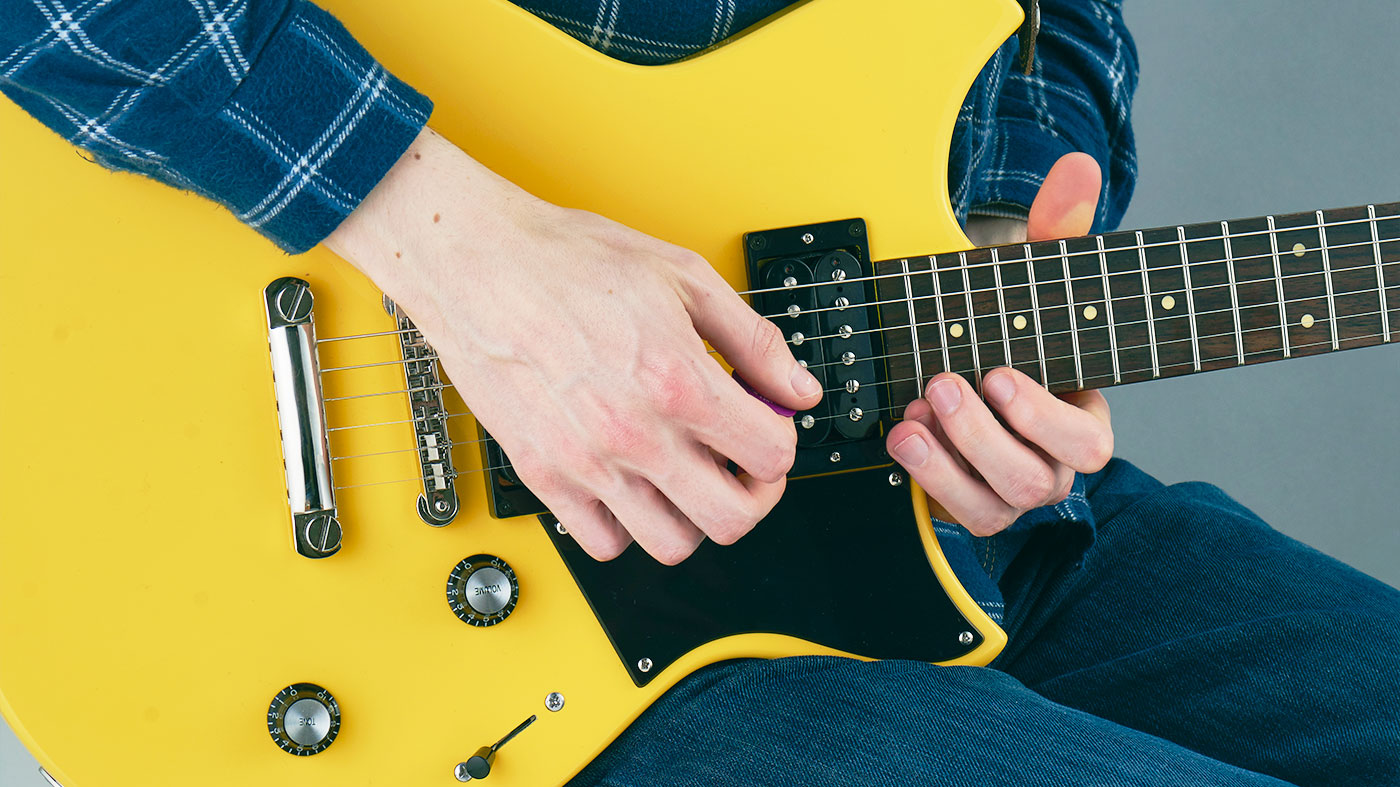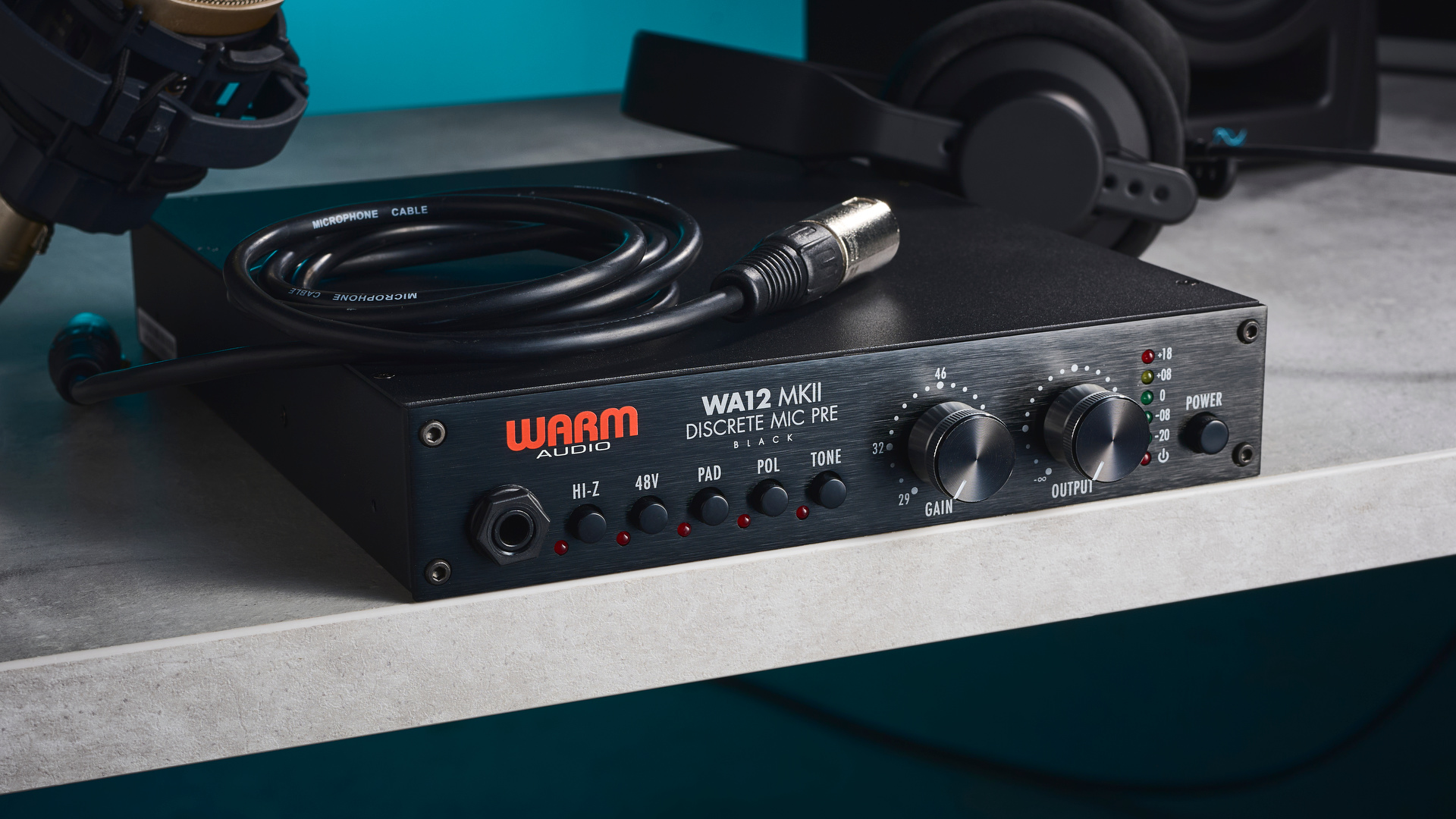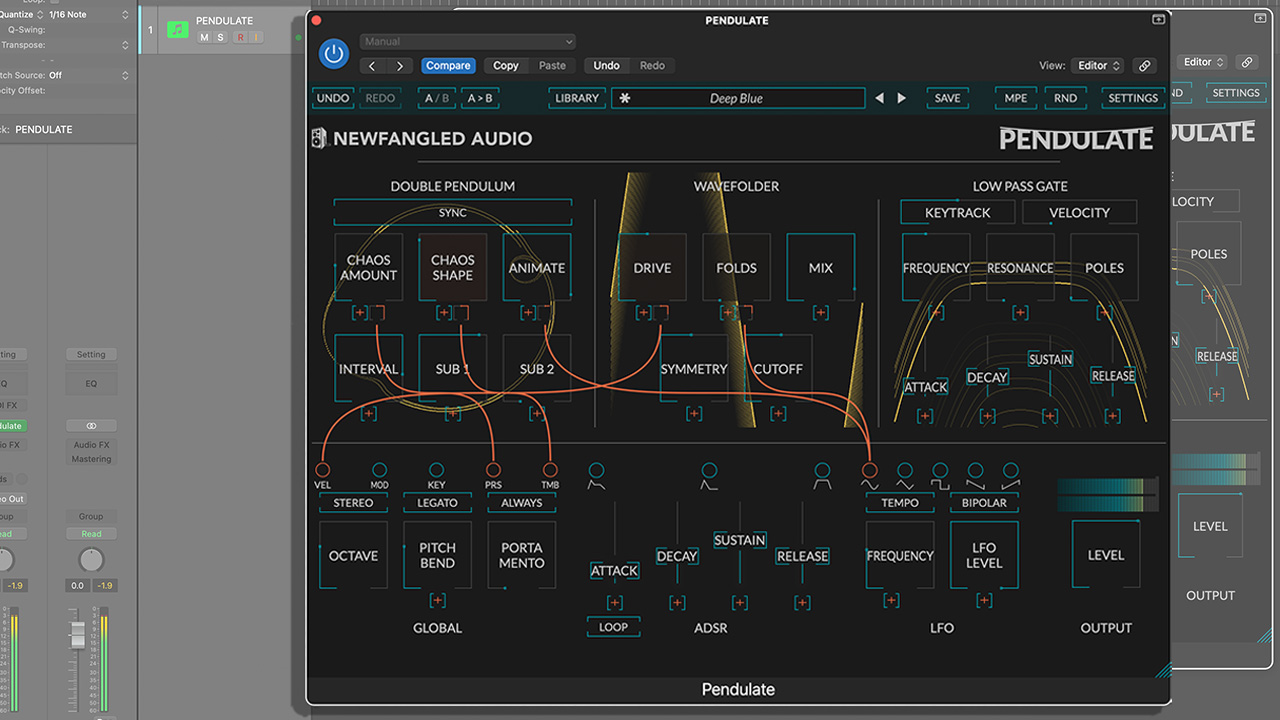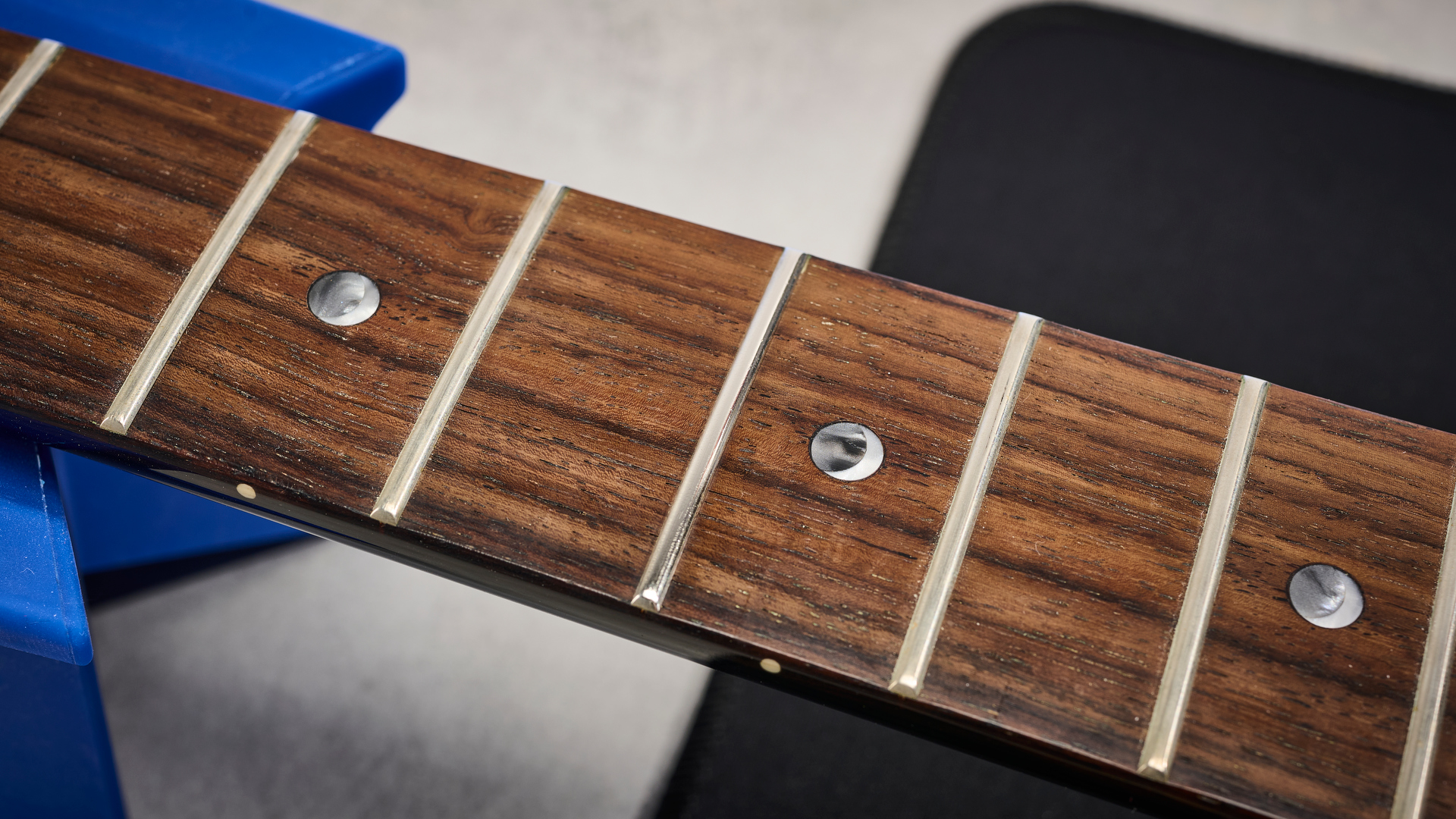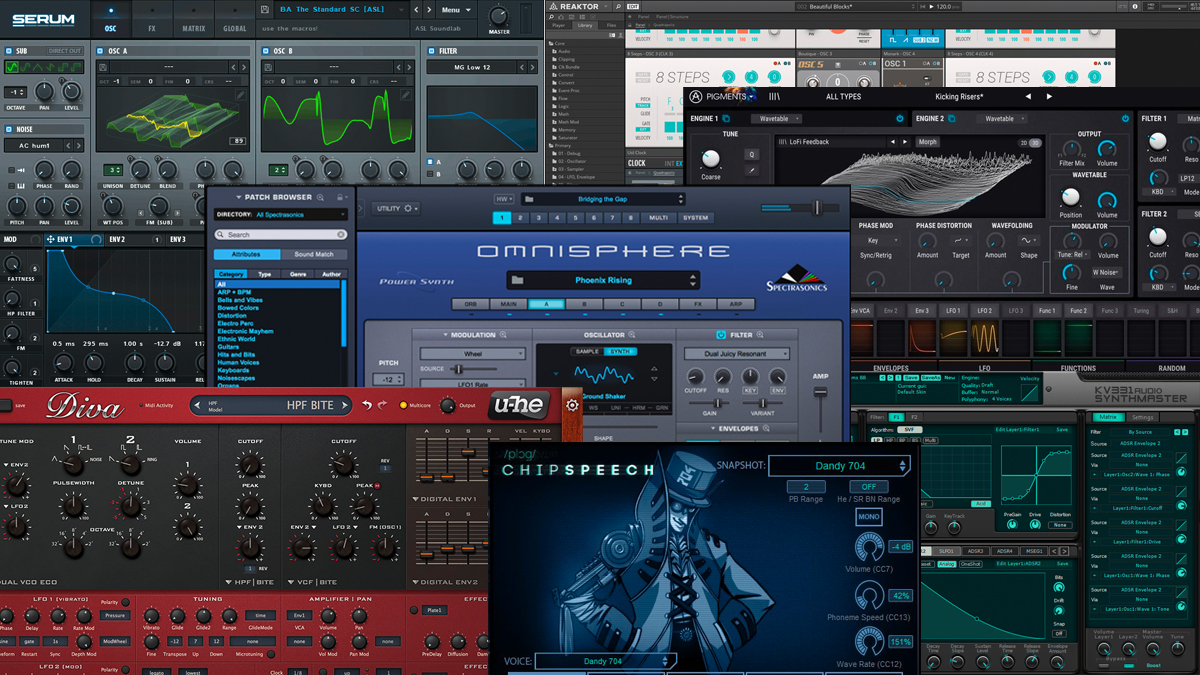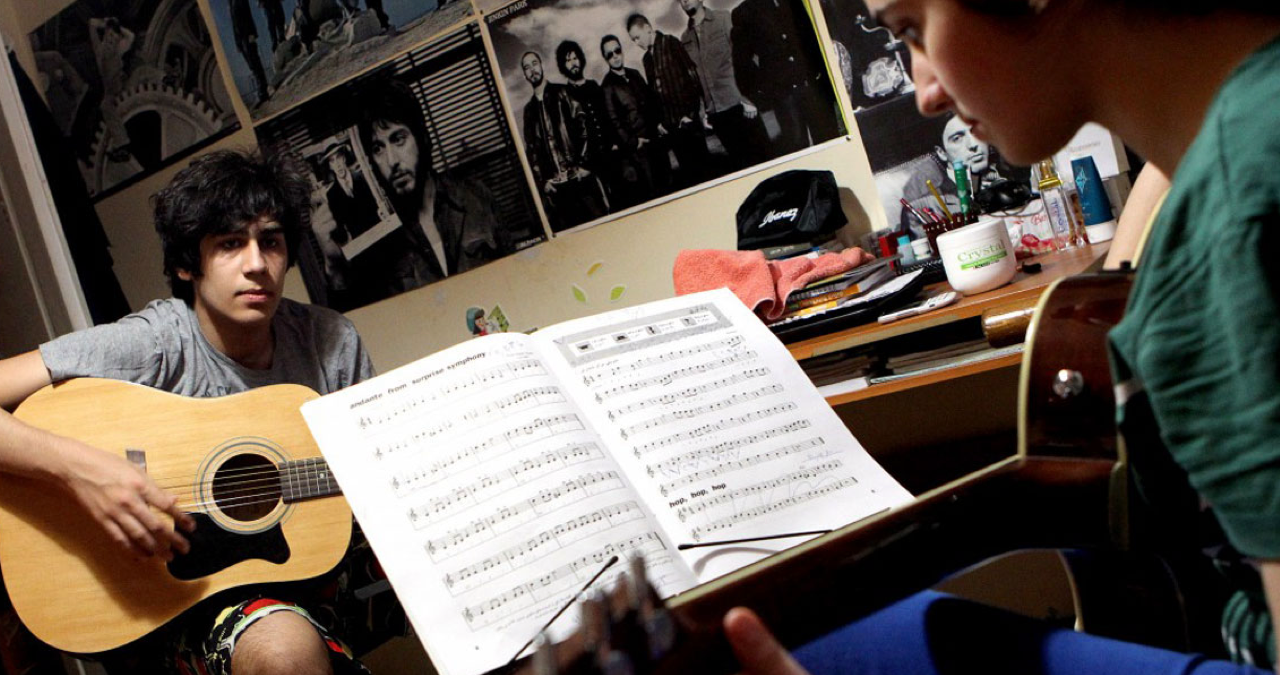Better legato lead playing in 20 minutes with this easy guitar lesson
How to get some liquid legato lines into your guitar solos
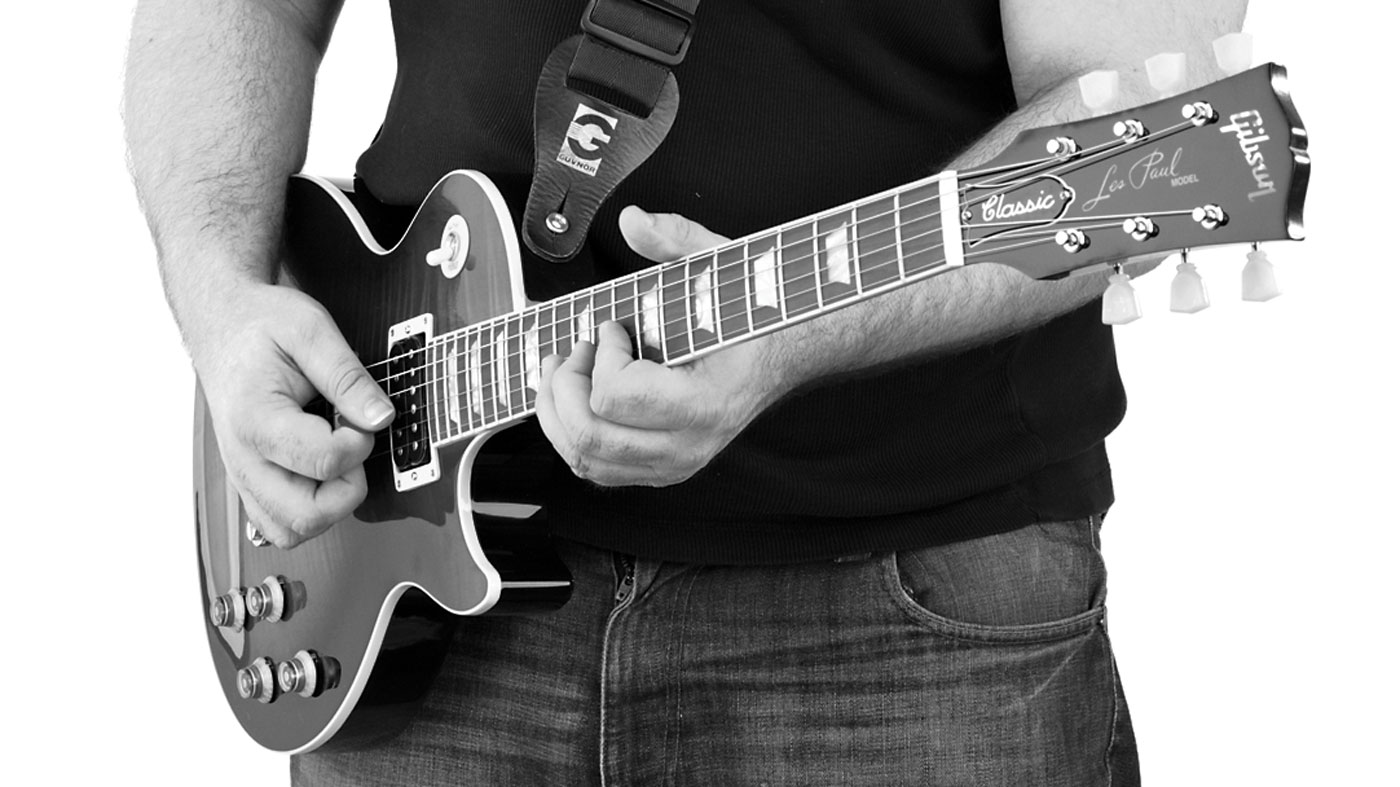
Legato practice is an excellent way of building control over your fretting fingers and bringing a new dimension to your solos.
For the uninitiated, legato is when you use hammer-ons and pull-off s instead of picking every note. The result is a smoother, less choppy sound - and it’s also easier to play faster licks.
Still, whether you’re an aspiring shredder or blues is your thing, getting your hammer-on and pull-off technique in shape is essential.
Our exercises are a step up from basic pentatonics in one vital way: played in a three-notes-per-string arrangement, you’ll need to make use of all four fretting fingers instead of just two or three.
This can be challenging at first, but persevere and you’ll be a step closer to playing some of the flashier licks of players like Jimmy Page, Slash or shredders like Joe Satriani and Steve Vai. This month’s tab exercises can be attempted by players who are ready and want to progress beyond pentatonics.
Just hammer-ons

Start by lightly picking the 5th fret note, then drop your third, then fourth finger onto the string. Keep repeating this and try to make all three notes the same volume - a crucial part of legato lead playing. Use the same approach on the next two strings, keeping the unused lower strings muted with the side of your picking palm.
Just pull-offs

Pick each downbeat using either all downstrokes, or alternating between down- and upstrokes. Play the ‘in between’ notes with pull-offs and really focus on making the timing of the triplet rhythms even; there should be three equal-length notes per beat throughout the exercise.
Get the MusicRadar Newsletter
Want all the hottest music and gear news, reviews, deals, features and more, direct to your inbox? Sign up here.
Mixing hammer-ons and pull-offs

This lick uses hammer-ons on the way up and pull-offs on the way down and moves between the top three strings. The 16th-note phrasing means that different fingers land on the downbeats, making the timing a little more challenging. Start by practising slowly with a metronome and play four notes per click throughout.
Seven-note groupings

This lick moves through the A natural minor scale in a seven-note pattern, which goes: starting note, then up two notes, down two notes and up two notes again. Repeat on each string and practise squeezing all seven notes into each beat. Plant your first finger on the downbeat each time and the rest of the notes should fall into place.
Practice Plan
- One minute: Play through each exercise slowly and check each note sounds clean
- One minute: Play through each exercise slowly with a metronome
- One minute: Increase the tempo slightly and repeat
- Two minutes: Play the examples up to speed with the tracks provided
Once you have learnt the patterns, try applying them to other scale shapes, on different string groups, high on the neck and low on the neck. You can be creative with the patterns themselves: changing the feel from triplets to straight 16th notes and vice versa. Experimenting with changing the finger order will open new doors too; try a new pattern starting with your 3rd finger, for example.
Total Guitar is Europe's best-selling guitar magazine.
Every month we feature interviews with the biggest names and hottest new acts in guitar land, plus Guest Lessons from the stars.
Finally, our Rocked & Rated section is the place to go for reviews, round-ups and help setting up your guitars and gear.
Subscribe: http://bit.ly/totalguitar
